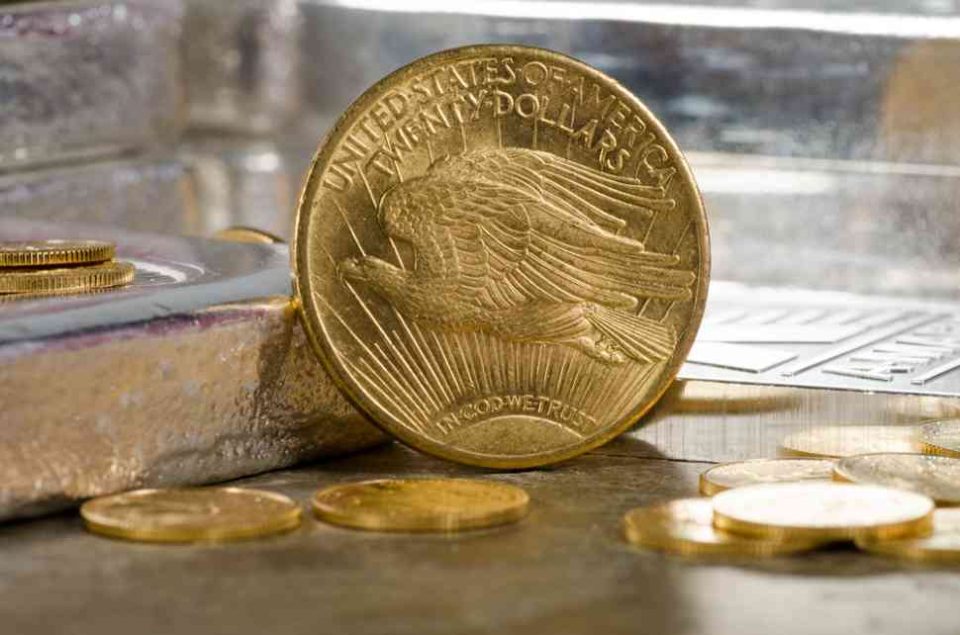U.S. Economy Grows at 3% in Second Quarter, Driven by Consumer Spending and Investment

The U.S. economy expanded at an annual rate of 3% in the second quarter of 2024, bolstered by strong consumer spending and robust business investment, according to an updated report released by the Commerce Department on Thursday. This revised figure marks an increase from the initial estimate of 2.8% growth for the period from April to June.
The reported growth represents a significant acceleration from the 1.4% rate seen in the first quarter of 2024. Consumer spending, which accounts for about 70% of the nation’s economic activity, increased at a 2.9% annual rate, up from the previous estimate of 2.3%. Meanwhile, business investment surged by 7.5%, driven by a notable 10.8% increase in equipment investments.
Despite the persistence of high interest rates, the U.S. economy has shown resilience. The economic outlook remains a critical concern for voters ahead of the upcoming November presidential election, as many Americans continue to grapple with high prices even as inflation has significantly decreased from its peak in mid-2022.
Recent measures of consumer sentiment by the Conference Board and the University of Michigan have shown a rise in confidence about the economy’s future.
“The GDP revisions confirm that the U.S. economy was performing well by mid-2024,” noted Bill Adams, Chief Economist at Comerica Bank. “Strong consumer spending drove growth in the second quarter, and the boost in consumer confidence in July suggests this trend will continue in the latter half of the year.”
The latest GDP data also showed inflation easing, although it remains slightly above the Federal Reserve’s target of 2%. The Fed’s preferred inflation gauge, the Personal Consumption Expenditures (PCE) index, rose at a 2.5% annual rate in the second quarter, down from 3.4% in the first quarter. Excluding food and energy, the core PCE inflation rate fell to 2.7%, down from 3.2% earlier in the year.
Additionally, a key GDP measure reflecting the economy’s core strength — which includes consumer spending and private investment but excludes volatile factors like exports, inventories, and government spending — grew at a healthy 2.9% annual rate, an improvement from the 2.6% rate recorded in the first quarter.
To combat surging prices, the Federal Reserve raised its benchmark interest rate 11 times in 2022 and 2023, bringing it to a 23-year high. This aggressive policy helped reduce annual inflation from a peak of 9.1% to 2.9% as of last month. Despite expectations that these higher borrowing costs would trigger a recession, the economy has continued to grow, and job creation has persisted.
With inflation now just above the Fed’s 2% target and expected to decline further, Fed Chair Jerome Powell has signaled that the battle against inflation is largely won. The central bank is now poised to cut its benchmark interest rate at its next meeting in mid-September.
Lower interest rates could help achieve a “soft landing,” where inflation is controlled, the job market remains strong, and a recession is avoided. Such a move would likely lead to reduced rates on auto loans, mortgages, and other consumer borrowing.
The Fed’s focus has recently shifted more toward supporting the job market, which has shown signs of weakening. The unemployment rate has climbed for four consecutive months, reaching 4.3%, although it remains low by historical standards. While job openings and hiring rates have slowed, they are still relatively solid.
This report from the Commerce Department is the second estimate of GDP growth for the April-June quarter, with a final estimate scheduled for release late next month.
| GDP (nominal) | Capital | Head of State | Head of Government | GDP (nominal) per capita | GDP (PPP) | GDP (PPP) | GDP (PPP) per capita |
|---|---|---|---|---|---|---|---|
| United States | Washington D.C. | Donald Trump | Donald Trump | 26,949,643 | 80,412 | 27,970,000 | 80,412 |
Have you read?
World’s Best Countries To Invest In Or Do Business.
World’s Most Startup-Friendly Countries.
World’s Best Countries For Quality of Life.
Largest Economies Europe In 2024.
GDP of the BRICS countries (2000 to 2028).
Bring the best of the CEOWORLD magazine's global journalism to audiences in the United States and around the world. - Add CEOWORLD magazine to your Google News feed.
Follow CEOWORLD magazine headlines on: Google News, LinkedIn, Twitter, and Facebook.
Copyright 2025 The CEOWORLD magazine. All rights reserved. This material (and any extract from it) must not be copied, redistributed or placed on any website, without CEOWORLD magazine' prior written consent. For media queries, please contact: info@ceoworld.biz








